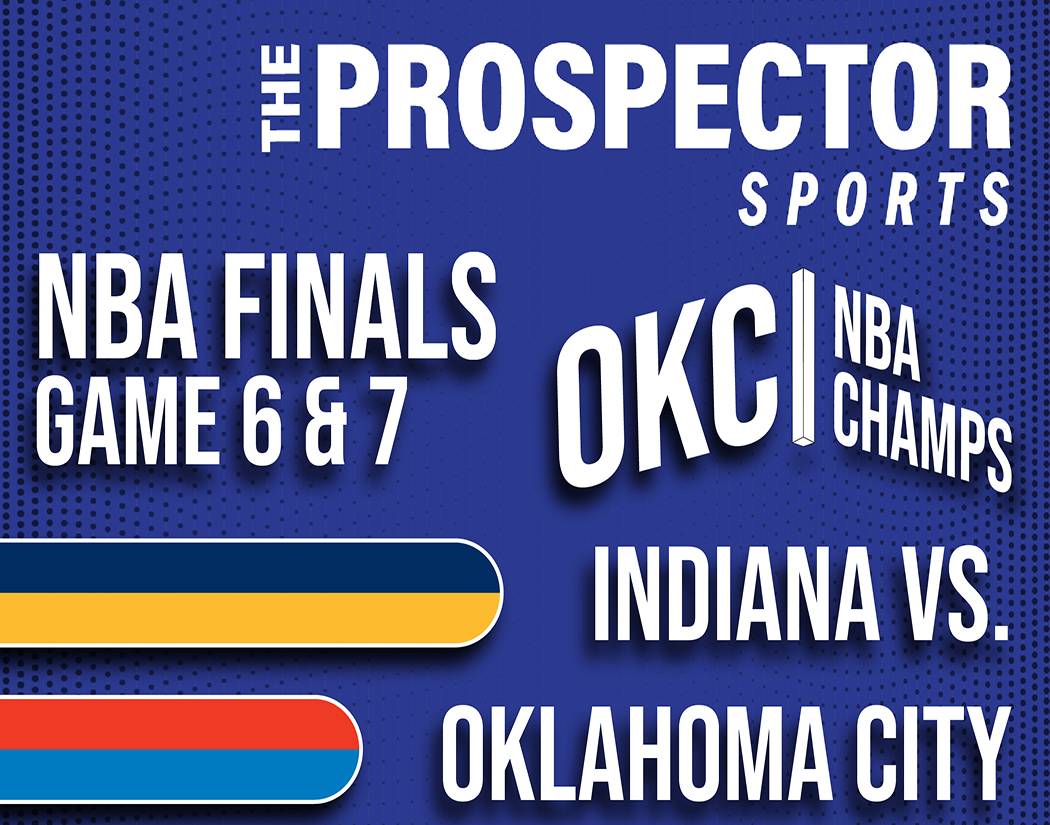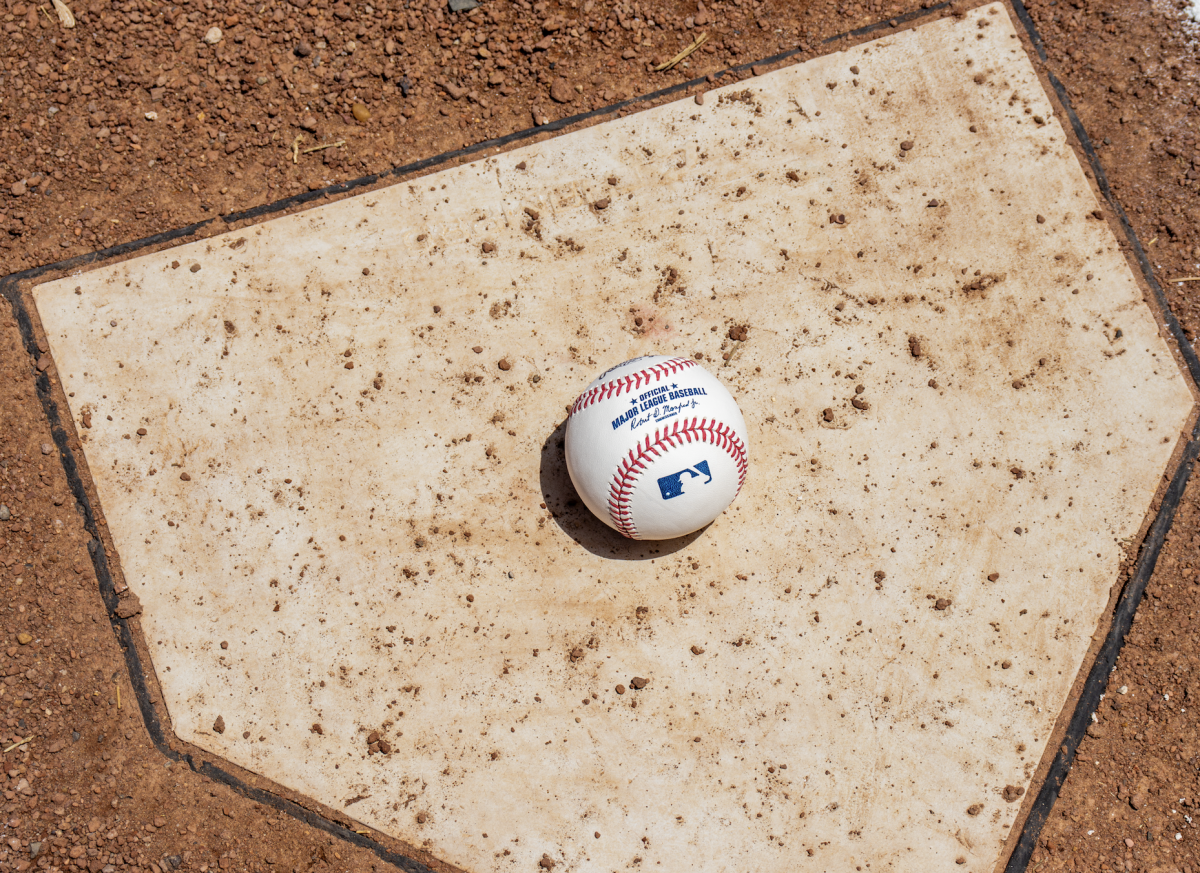Between midterms, essays and 15 class hours per week, many would consider being a student as a part-time job. Mix in practice, weight sessions, going out of town to that equation, and you’ve got yourself a full-time job.
There is no doubt a student-athlete’s life involves just as much studying and dedication to school work as any other student on campus, but when you consider the physical rigors an athlete must endure as well as the time constraints of being on a team and its travels, it becomes easy to see why student athletes consider their sport a full-time job.
Cooper Foster, a redshirt sophomore for the UTEP football team, knows all about the time and commitment football requires.
“We only truly get one day off from practice a week and what not, and even when we have time off, we are still watching film and in meetings in order to be ready for the next week,” Foster said.
A popular stigma among students is that athletes don’t have the same academic requirements as full-time students since they are here on athletic scholarships. Student athletes must commit to school as much as they do to their sport, which means they need to be students before they can be athletes.
According to the NCAA, if a student athlete is to remain eligible to participate in intercollegiate athletics they must meet a minimum requirement of hours per semester as well as a minimum GPA to ensure success as a student first. A student athlete must complete a minimum of 24 hours their first year of college as well as maintain a minimum GPA of a 2.0 in order to play.
Though a 2.0 GPA is not considered high by any means or enough to put any student on the dean’s list, it is a significant benchmark to reach considering studying and term papers may be written on buses,planes and in hotel rooms. The life of a student athlete consists of travel and studying from mobile places, making desks and libraries a luxury on the road.
“I definitely have studied on the bus for sure,” Foster said. “Bringing readings for the way there and the way back, and once I’m there it is hard to focus on school. My mindset is no longer on school. I usually am trying to focus on the game and read my assignments for the team.”
A struggle that student athletes often endure is the time the sport actually takes outside of competition. Between classes, practice and homework, athletes commonly seem to be at a shortage of hours in a day to get all their schoolwork done and still have time for rest and relaxation. Jalen Anderson, a redshirt freshman for the UTEP track and field team, knows all too well the struggle to find free time outside of school and sports.
“Managing time would be important because you need to make time for practice and rest, definitely have to encourage grades, and I think managing your time is crucial because there’s not enough hours in a day,” Anderson said. I dedicate around six hours a day between practices and workouts every day and I have to include time for rest.”
College students quickly learn after their freshmen year that a 9 a.m. class on a Monday is not a good idea, nor is it anything compared to a 9 a.m. class back in high school. Much like full-time employees who work from nine to five, student athletes endure the early morning routine. With team meetings at 6:45 a.m and practice at 8:15 a.m., football players find sleep is another thing they have to sacrifice to keep doing what they love.
“Practice is basically class for us in the morning,” Foster said. “I set my alarm at five o’clock and hit snooze until I can wake up to be at the training room at six a.m. to get my ankles taped and be at the team meeting by 6:45, right before practice. If I have a 9 a.m. class on Monday’s I am happy, because that’s sleeping in for me.”
Factoring in the amount of time spent on the sport between practice, workouts, travel and games, it’s clear to see why most student athletes consider playing their sport as a full-time job. When asked about playing and getting paid like a full time job Foster simply said,
“It’d be great to get paid, a lot of people would argue for it, but I’m getting my school paid for and my living expenses paid for,” Foster said. “Yeah it’s hard, I know my role on the team and I’m going to be the next man up on the team, but at the end, it’s worth it.”
For most student athletes, life after college won’t involve sports, and although many of them consider their sport a job, it is not their main priority. Both Foster and Anderson said they are students first, then athletes and their main job right now is school. Though they don’t get paid to be a student athlete, for them being an athlete is a job they’d love to get paid to do but would do it for free any day.
Juan Carlos Navarrete may be reached at [email protected].




